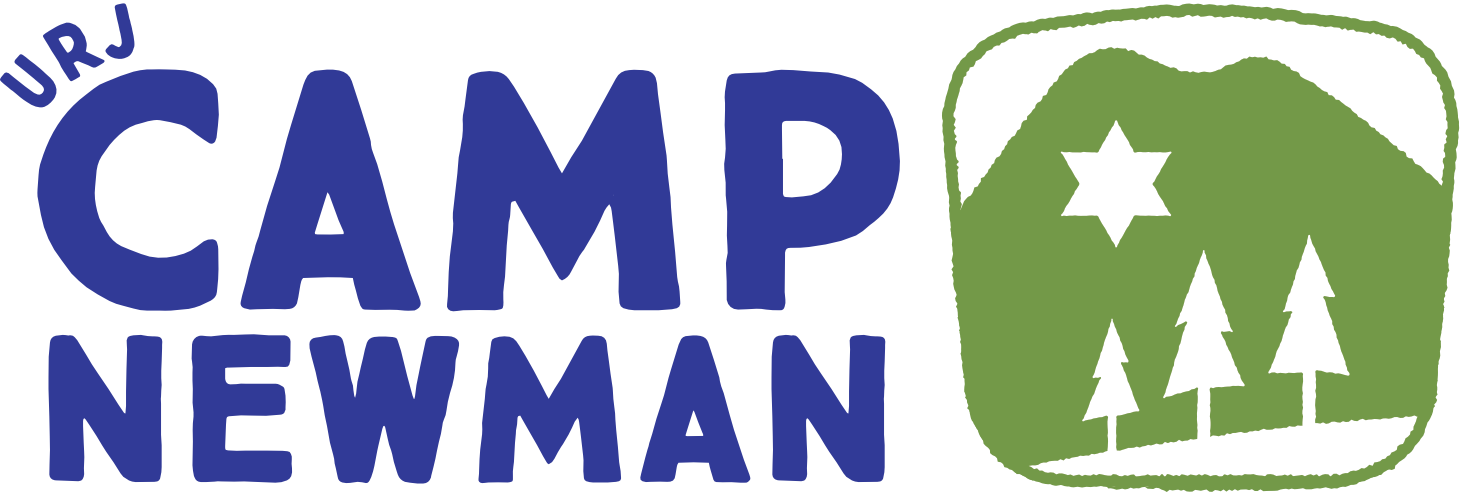By Ben Wong, URJ Camp Newman Communications Coordinator
Rabbi Alfi and I met when I was three years old. I don’t remember our first interaction, but she recalls an active and talkative child who would not stop yapping about the San Francisco Giants.
Seems plausible.
She has been a rabbi at Congregation B’nai Israel in Sacramento for the majority of my life, and remains one of my core Jewish figures, even though I now live in Arizona.
I’ve seen Rabbi Alfi speak eloquently to hundreds of people over high-holy days, lead a group of little kids in song on a Sunday morning, dress up in 1960’s garb on Purim, and comfort my family in a time of need. She’s always shaking hands, giving hugs, and genuinely caring about her congregants.
She’s one of the most passionate communicators and leaders I’ve ever met. It was an honor to sit down and talk with her.
Ben: Describe to me how you use social media as a 21st-century rabbi.
RMA: I find the use of social media to be critical and essential. It’s a great way to reach out to congregants, particularly my college students, when are far away from home. Or, when I’m away from Sacramento, when I’m at camp, when I’m at a conference, it’s a great way for me to be able to communicate. Particularly at camp, it is wonderful to be able to send home pictures of our kids as well as the camp activities in general, so people know what it’s like to be a part of a movement and to see what we’re doing.
Ben: It’s changed so much, I remember even when I was at camp, if I didn’t write a letter home my parents wouldn’t know how or what I was doing. Now, your Facebook is another way to bridge the gap and be another form of communication for parents while their kids are here.
RMA: Through my Facebook, they see happy faces as soon as the kids get here which is good. If one of their kids is sick, they’re able to communicate with me quickly. Facebook messaging is critical for some of these situations (laughs). It’s very different than when I was a camper. If a kid needs a little extra boost it’s easier to provide it.
Ben: How many years have you been a rabbi at Camp Newman?
RMA: I have been a camp rabbi for most of the 17 years.
Ben: Wow. What keeps you coming back?
RMA: Being able to work in an environment that wrestles with Judaism in the most beautiful way. And being able to see Judaism through the eyes of the staff and the campers.
Ben: That’s interesting, because I feel like ten months out of the year, you wrestle with Judaism in a very specific way. And so while it’s a change-up for everyone when they come to camp (as far as our relationship with Judaism), that change-up must come even slower for you.
RMA: Yes. It’s like a little petri dish here. You see what works, you see what doesn’t work. In real time, you’re able to see where the Jewish community and Jewish world is evolving to and towards. I get to learn new melodies and new songs and bring that home. I also get to learn from my other Rabbis. I actually spend a lot of time talking with the other Rabbis. We usually have big discussions about high holidays and hear where everybody’s at. It’s nice.
Ben: It’s a venue for you to bounce off ideas and find new ways to serve your communities.
RMA: Without a doubt. And I find that the faculty, the rabbis, educators and cantors that want to come to camp, tend to be people that are open-minded. To be able to learn with them and from them is really reinvigorating for me.
Ben: Collectively, then you can all take tips home and I would imagine that can go pretty far.
RMA: Well, with the kitot, with the high school learning sessions that we were doing this year, I was testing stuff out for confirmation (class). It’s nice to be able to test things out.
Ben: It seems like, especially in a couple of the ways we’ve discussed, that the gap between camp and home has shortened. In the last couple years, the divide between the two has sort of evolved the most. When did you notice that evolution?
RMA: The last five or six years, when they started having “one happy camper” (first-time camper grants), I saw a huge shift. Because it used to be, “camp is like Vegas.” This mystery world, where you didn’t know what was going on there. Now, through the blogs, through the website, through social media, through “one happy camper,” people are able to see and hear what’s going at camp, almost immediately. That’s a huge difference.


